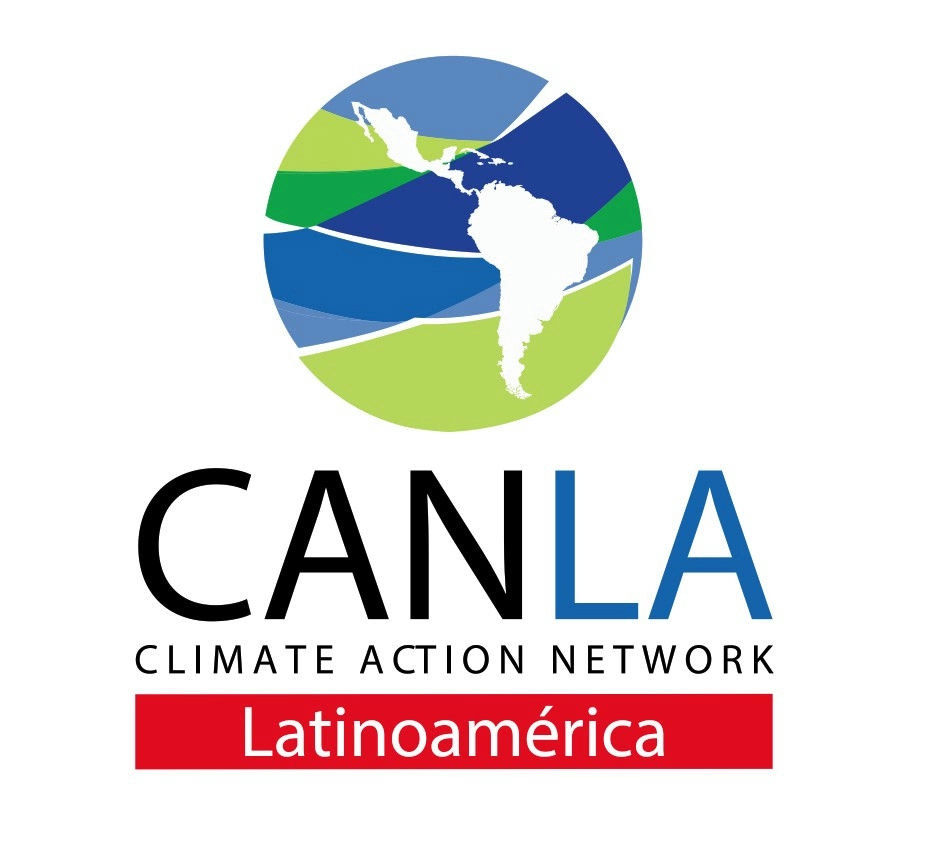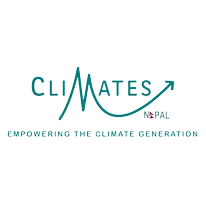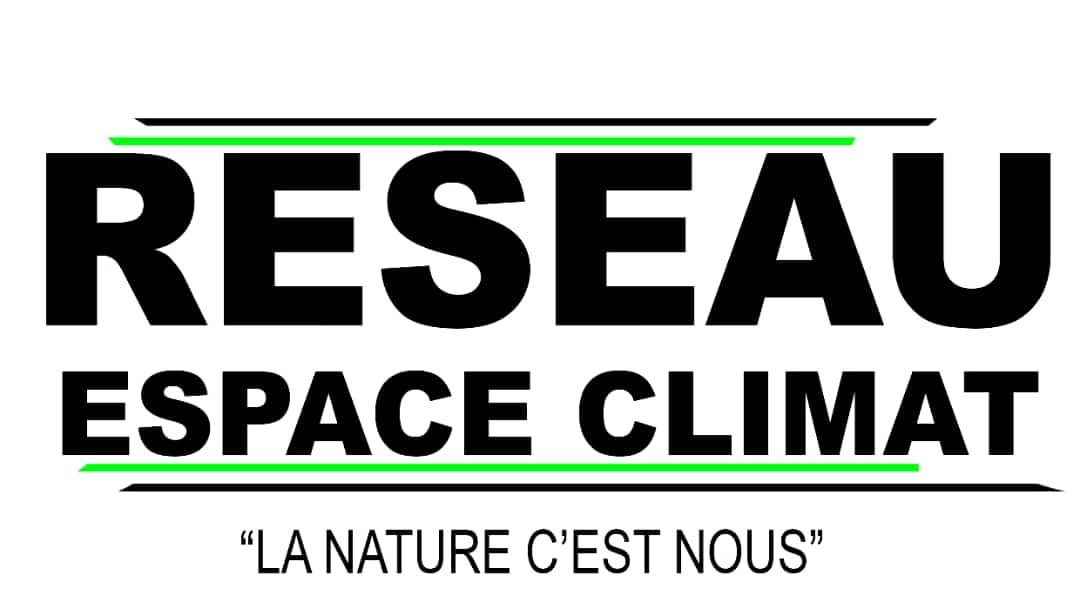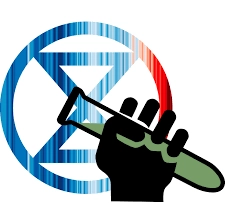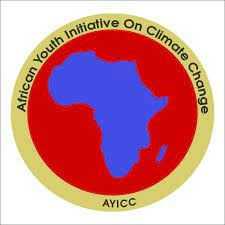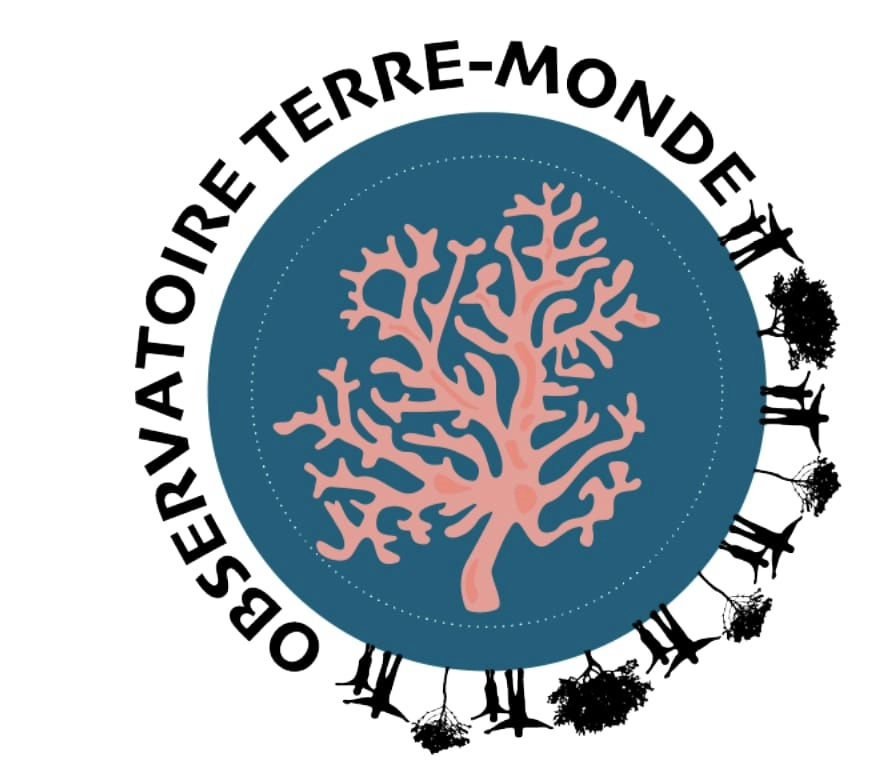Today facing :
Climate change is no longer a threat, it’s a reality. A reality that is intensifying every day across the planet, with direct impacts on our health and deadly consequences for humanity and the biosphere as a whole.
Beneath the surface of the oceans, water acidification and marine heatwaves are disrupting ecosystems. Over 50% of the world’s coral reefs have already perished. If global air temperature rises above 2°C, it is estimated that 99% of corals will be lost by 2050. The decline in plankton production is affecting the entire food chain and could lead to the death of 55% of North Atlantic fish. In recent years, 7,000 humpback whales have already died of starvation, threatening the survival of the species. Oxygen levels fall and some fish populations decrease in size. The major ocean currents that contribute to climate regulation and the stability of weather cycles have already been substantially modified, with an estimated slowdown of 15% since the middle of the 20th century. Their collapse could lead to irreversible meteorological shifts: Europe drying up, the world boiling, the tropical precipitation belt moving southwards, the southern hemisphere weakening…
On land, ravaging heatwaves, chronic and severe drought, forest fires, devastating floods and storms are multiplying. These reported weather-related disasters have increased fivefold in 50 years, averaging one disaster a day. These extreme climatic events ravage natural ecosystems and biodiversity, causing considerable material destruction and serious health problems. Disasters spread disease, cause food shortages, fuel armed conflict and contribute to the mass displacement of populations. Countries in the Global South are the first victims. Today, 600 million people live in an environment considered unviable because of the heat: some have had to migrate, others are barely surviving. Many have lost loved ones, ties, memories, homes and, all too often, even their lives.
This figure is just a preview of what lies ahead: we are only 1.2°C warmer than in the pre-industrial era and the current trajectory will lead to a warming of +3 to +3.2°C by the end of the century.
With the temperatures predicted by global warming scenarios, life on Earth as we know it is doomed.
The Amazon will look more like a savannah than a rainforest and two billion people will experience extreme heat every year. Billions of people will see their lives turned upside down.
What’s underway is a veritable globocide.
Every day that we delay implementing the right decisions means the death of thousands more people. Staying below +1.5°C is not an option, but a duty to present and future generations. Since fossil fuels account for 80% of global greenhouse gas emissions, we need to put an end to their deadly extraction.
TotalEnergies’ activities contribute to climate change, and thus to the four million deaths it has already caused. It is estimated that the heatwaves generated by the oil multinational’s future activities alone could cause the deaths of almost two million more people by the end of the century, only accounting for heat-related deaths.
How have multinationals, their managers and shareholders acquired this power of life and death over our futures?
For 50 years, TotalEnergies has chained us to dependency on fossil fuels.
Since 1971, TotalEnergies has been aware, through a series of studies commissioned by the fossil fuel industry, of the direct link between its oil activities and climate change. But rather than reorienting its activities and opening up a democratic debate on our energy future, the multinational instead established doubt and climate skepticism to undermine any binding regulation of the oil industry.
In the 1990s, the oil group was instrumental in torpedoing two major climate measures: Toronto’s target of a 20% reduction in emissions between 1990 and 2005, and a carbon tax to phase out fossil fuels that was to be extended worldwide after the Rio Summit in June 1992. A sabotage described as “the most ferocious lobbying ever seen in Brussels”, which has delayed climate emergency by 30 years.
TotalEnergies is now the world’s 6th biggest oil company and one of the 20 most polluting multinationals in the world that have deliberately opened “the gates to hell”.
The French major has colonized the planet with its deadly projects, emitting 16 billion tons of CO2 – as much as the historical emissions of the world’s 120 lowest-emitting countries.
Despite TotalEnergies’ efforts to present itself as a major player in the energy transition, the figures reveal a very different reality: fossil fuels will still account for 98% of its production in 2023. In 2021, for every unit of electricity generated from renewables, TotalEnergies produced 447 units of hydrocarbons.
Worse still, the multinational is the world’s second most aggressive oil major when it comes to fossil fuel expansion. In the last two years, the French major has launched 13 new exploitation projects and plans to open 16 more. With hydrocarbon exploration activities in 53 countries, TotalEnergies holds first place on the oil colonization podium, far ahead of its competitors Shell and ENI, which are active in only 40 countries.
The warnings issued by the IPCC and the International Energy Agency are clear: all new fossil fuel projects must be abandoned immediately. However, TotalEnergies’ executives continue to trample international scientific recommendations and persist in developing its hydrocarbon production.
TotalEnergies’ executives are shifting their responsibility to “demand” by conflating the need for energy services with a non-existent demand for fossil fuels.
It is now clear that TotalEnergies has no intention of reducing either production or demand for fossil fuels. The multinational’s board of directors bears a crushing responsibility, all the more so as they have the means to actively support this reduction in demand. The major is a CAC40 champion: in 2023, TotalEnergies once again announced that it would be rewarding its shareholders handsomely: 16.6 billion euros have been distributed to them, an amount well in excess of its investment in renewable energies.







